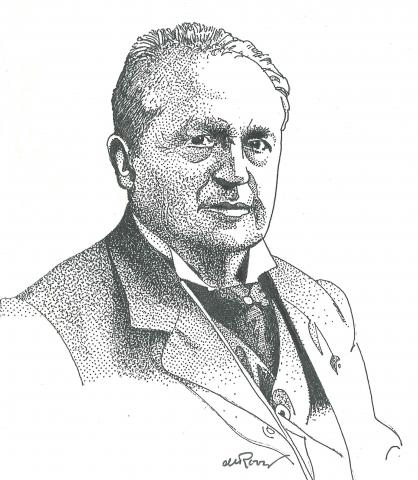A revised and updated version of
Abraham Kuyper: An Annotated Bibliography 1857-2010 by Tjitze Kuipers (2011)
You can buy a printed edition of this book on the site of the publisher.
1882
While sojourning in Scotland in 1881, Kuyper discovered to his amazement that Alexander Comrie (1706–1774), one of the best representatives of Reformed theology in the eighteenth century, was virtually unknown in the Scottish Presbyterian Church. Accordingly, Kuyper wrote a series of three articles for Presbyterian readers about this theologian, who was born in Perth, Scotland and who was pastor for forty years in Woubrugge, the Netherlands.
The first article is a short biography based entirely on Kuyper’s own research and composed in part on the basis of information he received in response to an advertisement (cf. 1863.02) that he had placed in De Heraut, no. 193, September 4, 1881 (and the next issue) requesting details about Comrie’s life. The advertisement was reprinted in 1929.04, on page 68.
The second article gives a short sketch of the conflict surrounding Antonius van der Os. That conflict had centered on the question whether justification precedes or follows the actual exercise of faith. Van der Os was pastor in Zwolle from 1748 until 1755, when he was removed from office.
In the third article Kuyper asserts that the church of his day is undergoing practically the same attack—only in more intensified form—as it had undergone in Comrie’s day. He complains, however, that the contemporary orthodox defense has not yet been as successful as Comrie’s. From Comrie’s example, Kuyper derives five practical tips for present-day defenders of the church.

